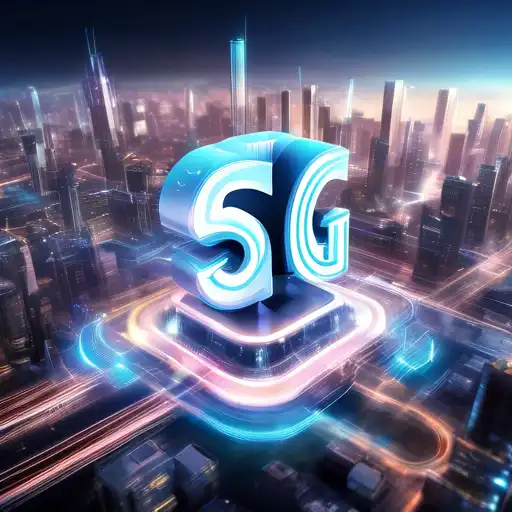The Dawn of 5G: Transforming Digital Connectivity with Lightning-Fast Speeds
5G technology is set to revolutionize the way we connect to the internet, offering speeds that are exponentially faster than its predecessor, 4G. This groundbreaking advancement is not just about speed; it's about creating a more connected and efficient world. From streaming high-definition videos without buffering to enabling the Internet of Things (IoT), 5G is paving the way for innovations that were once thought impossible.
What Makes 5G Different?
Unlike previous generations, 5G operates on three different spectrum bands: low, mid, and high. Each band has its own advantages, from wider coverage to faster speeds and lower latency. This versatility allows 5G to support a wide range of applications, from smart cities to autonomous vehicles.
Benefits of 5G Technology
- Enhanced Mobile Broadband: 5G offers significantly faster download and upload speeds, making it ideal for streaming, gaming, and other high-bandwidth activities.
- Lower Latency: With latency as low as 1 millisecond, 5G enables real-time communication, crucial for applications like remote surgery and online gaming.
- Increased Connectivity: 5G can support up to a million devices per square kilometer, making it perfect for IoT devices and smart cities.
Challenges and Considerations
Despite its benefits, the rollout of 5G faces challenges, including the need for extensive infrastructure upgrades and concerns over health and security. However, with proper planning and regulation, these challenges can be addressed to fully harness the potential of 5G.
The Future of 5G
As 5G technology continues to evolve, it will unlock new possibilities across industries, from healthcare to entertainment. The future of 5G is not just about faster internet; it's about creating a seamlessly connected world where anything is possible.
For more insights into how technology is shaping our future, check out our articles on IoT Revolution and Smart Cities.
